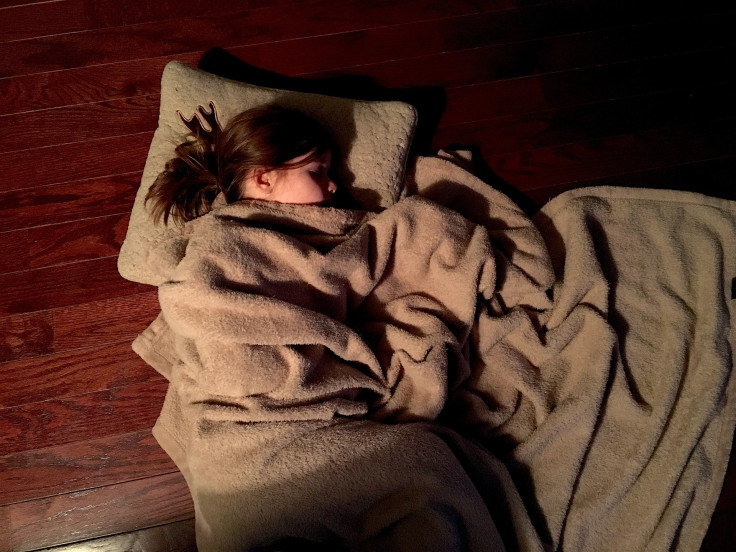Melatonin Supplements May Reduce Risk Of Self-Harm In Girls With Anxiety, Depression: Study
The use of sleep interventions may reduce the risk of self-harm in youth, especially in adolescent girls with anxiety and depression, researchers say.
A new study, published in the Journal of Child Psychology and Psychiatry, suggests the use of melatonin, a common medication for sleep disturbances, can decrease the risk of self-harm in children and teenagers.
What is melatonin?
Melatonin is a natural hormone produced by the brain that helps to promote and maintain the normal sleep-wake cycle. In the human brain, melatonin is secreted primarily by the pineal gland in response to darkness.
Apart from regulating the sleep cycle, melatonin is involved in other biological functions due to its chronobiotic, antioxidant, anti-inflammatory and free radical detoxification properties.
Melatonin is also used as a supplement in treating conditions such as jet lag, delayed sleep-wake phase disorder and certain sleep disorders in children.
Does melatonin reduce self-harm?
The research team studied the healthcare data of more than 25,000 children and teenagers in Sweden who began melatonin treatment between the ages of 6 and 18. Out of this, 87.2% of melatonin users received at least one psychiatric diagnosis by age 18.
The team then evaluated the risk of self-harm and unintentional injuries before and after melatonin treatment in the group.
"Given the established link between sleep problems, depression, and self-harm, we wanted to explore whether medical sleep treatment is associated with a lower rate of intentional self-harm in young people," study lead Dr. Sarah Bergen said.
The study found that the risk of self-harm was highest in the months immediately before administering the medication and reduced after that. The self-harm cases were highest among adolescents with depression or anxiety and females were found to be at greater risk compared to males.
At the end of the study, the team found that melatonin use decreased the risk of self-harm by 42% and poisoning risk by 41%. The results were more prevalent among girls and adolescents with depression or anxiety.
The study suggests the use of melatonin in children with sleep disorders may experience additional benefits, other than sleep regulation. However, further studies are required to find out the optimal dose and duration of treatment using melatonin.
"Additional studies are needed to determine whether the results of this study can be applied to other populations and to confirm the optimal dose and duration of use of melatonin needed to achieve the results found in this investigation," Dr. Kelly Johnson-Arbor, interim executive director at the National Capital Poison Center, who was not involved in the study, told Medical News Today.

Published by Medicaldaily.com



























